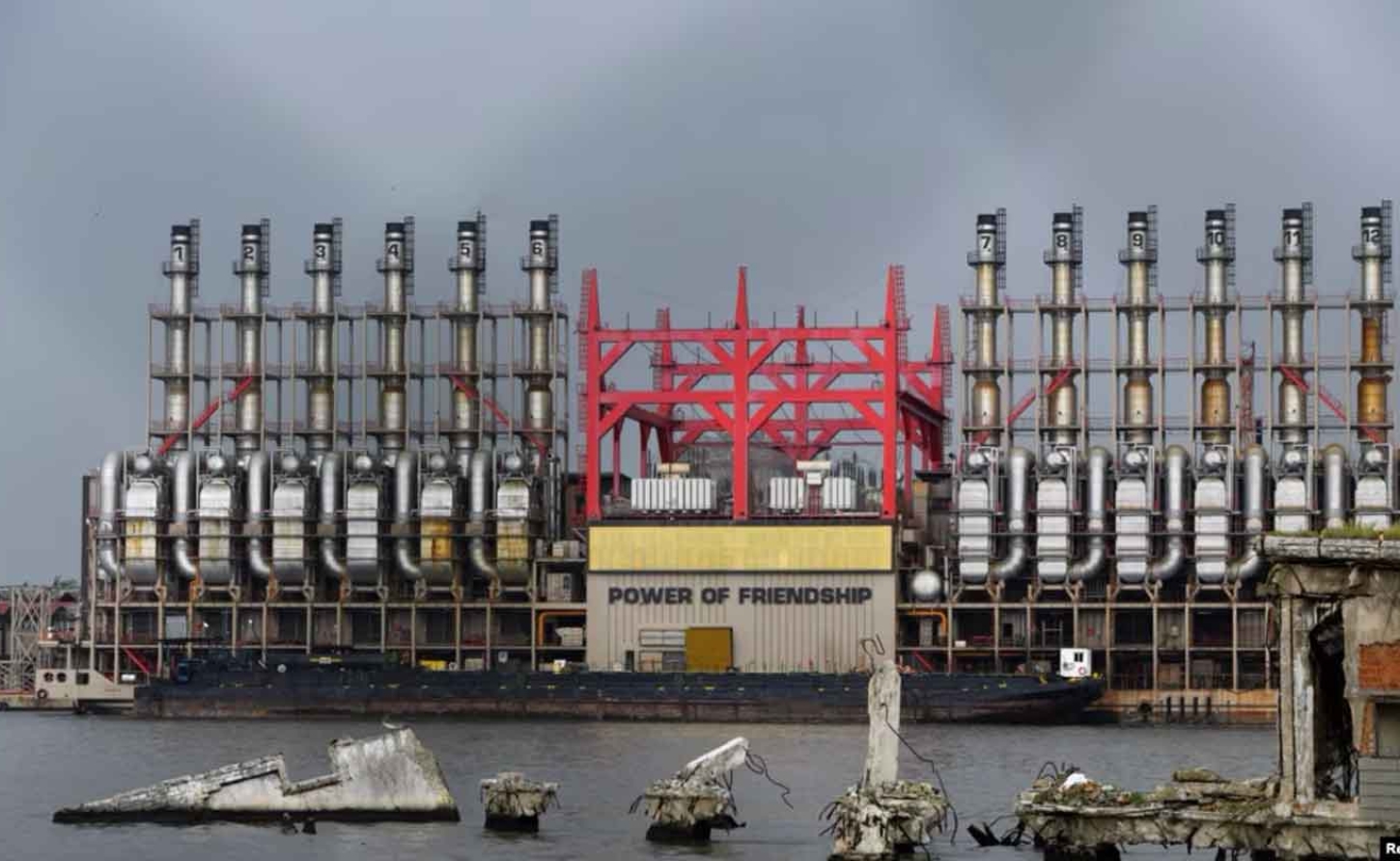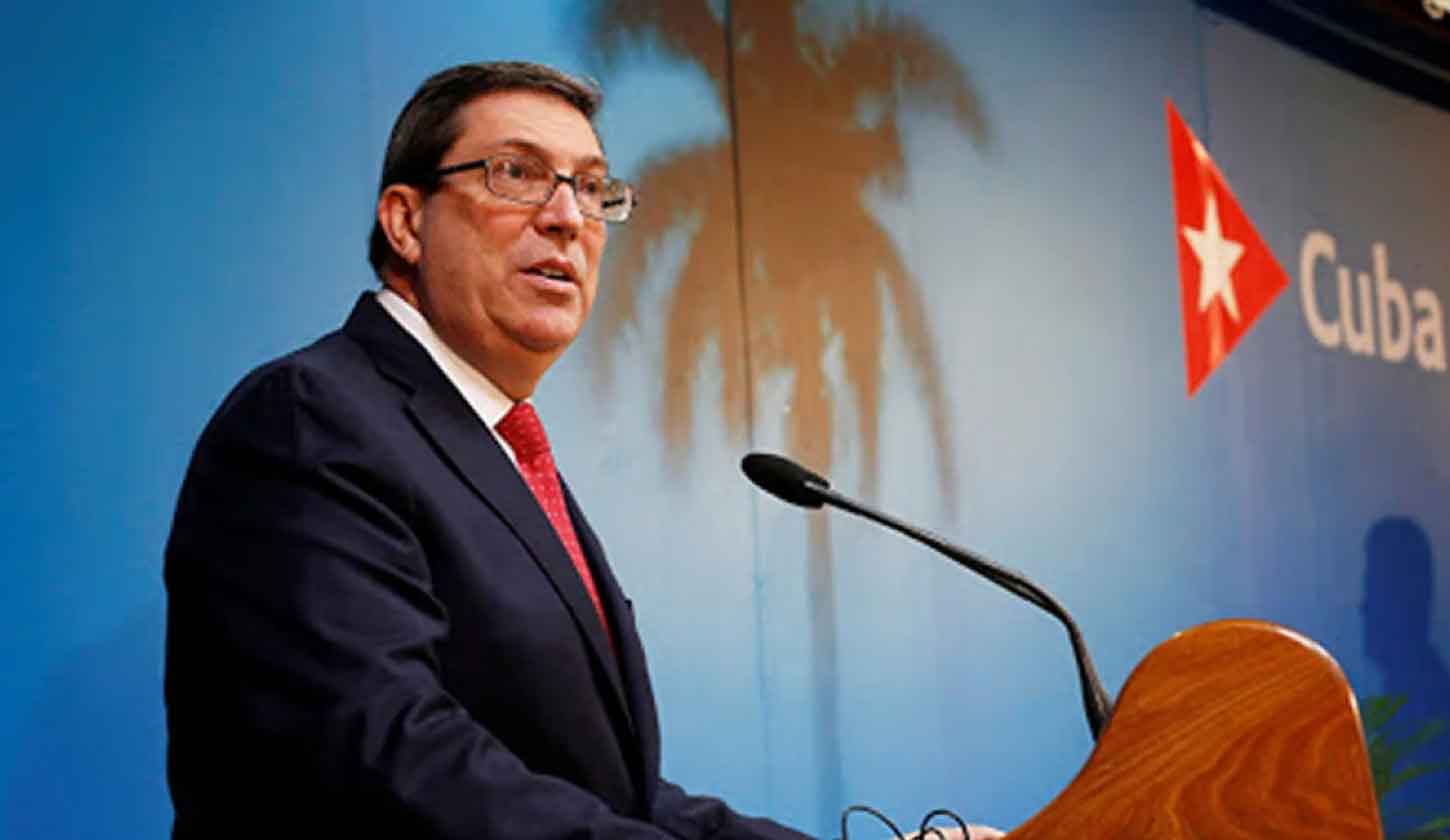CUBAN Power Crisis: A Tale of Blockades and Blackouts

KINGSTON, Jamaica, October 21, 2024 - The recent power outages gripping Cuba serve as a stark reminder of the United States' long-standing strategy to undermine the island nation's government.
Far from a twist of irony, these blackouts are the latest manifestation of a carefully orchestrated campaign of economic strangulation that has spanned over six decades.
Despite Washington's persistent efforts to bring the Cuban government to its knees, the nation's resilience has remained a thorn in the side of U.S. foreign policy makers.
As Cuba grapples with widespread power outages, the shadows cast by the long-standing embargo loom large over the island's attempts to maintain its infrastructure and provide for its citizens. This latest crisis illuminates not just darkened streets, but a complex history of international relations and economic warfare.
The roots of this crisis stretch back to 1960 when the United States, in an unprecedented move, imposed extensive political and economic sanctions against Cuba.
This marked the beginning of an all-encompassing network of restrictions designed to touch every facet of Cuban society, with the explicit intent of suffocating its economy and pushing its people to the brink of desperation.
For over six decades, this strategy has mandated exhaustive efforts to weaken Cuba's economy by withholding money and supplies, reducing wages, and inducing widespread hardship.
🇨🇺The US blockade of Cuba has plunged the country into darkness.
— Peoples Dispatch (@peoplesdispatch) October 19, 2024
As of Friday, October 18, Cuba has been suffering an unprecedented national blackout. The cause of this is the lack of fuel and maintenance to keep the electrical grid operating properly. Cuba has been severely… pic.twitter.com/3Ouygt1RDQ
The ultimate goal? To dismantle the social, economic, and cultural successes achieved since the Cuban revolution and overthrow the government through economic pressure.
The impact of these punitive measures has been staggering. According to Cuban estimates, the accumulated losses during the six decades of the blockade amount to an eye-watering US$144.413 trillion at current prices—a figure that underscores the profound and lasting impact of these sanctions on the Cuban people.
Yet, despite these challenges, Cuba has demonstrated remarkable resilience. The government's ability to maintain its stance and continue providing for its citizens in the face of such sustained pressure is a testament to both its resourcefulness and the support it maintains among its population.

Rodríguez went on to challenge claims made by the Biden administration regarding humanitarian aid to Cuba. "It's a lie that US$100 billion in humanitarian aid has been authorized. The reality is that even small solidarity donations are being blocked.
Did they misplace the zeros? Or are they just mocking us?" His pointed remarks underscore the stark reality faced by Cubans: a nation held hostage by policy, where even goodwill gestures seem to short-circuit at the border.
The Bolivarian Alliance for the Peoples of Our America (ALBA-TCP), a regional bloc including Cuba and several of its allies, didn't hesitate to point fingers. In a statement, they laid bare their perspective: "The complex situation that this dignified nation is experiencing today is the result of the economic war, the financial persecution, and the restrictions on fuel supplies imposed by the U.S. administration, which seeks to stifle Cuba in its commitment to the well-being of its people."
As if to underscore the gravity of the situation, Cuba's power grid suffered another major failure on Sunday afternoon, mere days after a "zero generation" event plunged millions into darkness. The Cuban Ministry of Energy and Mines reported the latest disconnection of the National Electric System (SEN), with efforts to restore power launched immediately.
This electrical game of whack-a-mole follows a significant blackout triggered by failures at the Antonio Guiteras thermoelectric plant. Despite around-the-clock efforts to stabilize the grid, Cuba's energy infrastructure continues to flicker precariously, a stark reminder of the compounding effects of fuel shortages and technical issues exacerbated by U.S. sanctions.
In response to this crisis, the Cuban government has been forced to implement drastic measures, including the suspension of non-essential services. It's a high-stakes balancing act, prioritizing the population's basic needs while racing against time to breathe life back into a faltering power system.
In this high-stakes game of keeping the lights on, Cuba is deploying all available resources. Essential services are being maintained through distributed generation, while teams of specialists work tirelessly across the island to resurrect the power grid.
As Cuba navigates this perfect storm of geopolitical tension and infrastructural challenges, one thing remains clear: the road to a stable power supply is fraught with obstacles, both natural and man-made.
-30-
